12 years ago, the stars seemed to be aligning for Sasha Keable. She inked a record deal with Polydor and aced her guest appearance on Disclosure’s breakthrough Settle album (“Voices”), but industry pressures and creative differences led to a years-long break that ended with 2018’s “That’s the S—t” — a swaggering, soulful number that set the tone for her 2020s releases.
Now, armed with a Flight Club partnership that began two years ago, Keable isn’t just back in the saddle; she’s one of the most arresting voices in a powerful wave of new R&B acts helping give the genre a rejuvenated mainstream look. This summer (Aug. 8), she followed her well-received NPR Tiny Desk set with her Act Right EP, which included collaborations with Grammy winners Leon Thomas (“He’s really quick and his brain is incredible”) and BEAM. On the evening of her conversation with Billboard (Nov. 6), she’ll play New York City’s iconic Madison Square Garden venue as an opener for Giveon’s latest tour.
With an earthy vibrato and dark timbre reminiscent of Amy Winehouse, Keable primarily blends two formative musical eras in her work: the storytelling of ‘70s R&B and the melodic vocal stacks and rhythmic cadences of ‘00s R&B. Her meticulous amalgamation of her influences is as homegrown as it is nurtured by her alma mater, the BRIT School, which has churned out fellow 2020s breakthrough stars like Raye, Olivia Dean, Lola Young, Cat Burns and Rachel Chinouriri.
Keable draws equally from her South London stomping grounds and Colombian heritage, blending the intimacy of Brixton open mic nights with the punchiness of her beloved horn sections in her explorations of love, relationships and maturation. Like many U.K. R&B artists, Keable’s commitment to honoring her artistic inclinations and embrace of the term “R&B” have helped her overcome the barriers in her home country’s music industry, and capture the ears of global R&B icons like Beyoncé, Kelly Rowland and Rihanna.
“I was doing R&B [in the U.K.] when people were saying, ‘No, you can’t say you do R&B, you have to say that you do neo-soul,’” Keable tells Billboard. “We don’t have to do that anymore. R&B and soul will always be my bread and butter. That will always be what I go back to, but I also love pushing the limits of what it means to make music in general.”
Below, Billboard’s final R&B Rookie of the Month for 2025 reveals who she’s been in the studio with, rails against AI artists like Xania Monet, and explains how D’Angelon influenced her songwriting.
What are some of your earliest musical memories?
I really remember listening to Seal’s “Kiss From a Rose” and being like, “Wow, this is amazing,” even though I had no idea what the lyrics meant. I still don’t think anyone knows what the lyrics mean. Both my parents are really into music and love going to gigs. My mom was really into Queen, and my dad goes to four gigs a week. I started writing music when I was eight or nine.
But my sister was really the one who introduced me to R&B music. She was listening to Pretty Ricky. Early Beyoncé, obviously Destiny’s Child. Once I found that, I ran with it and fell in love. And then my uncle showed me Donny Hathaway when I was 12, and that was the first time a voice moved me so much. I became obsessed with Donny Hathaway, and then I got really into Stevie Wonder. I went backwards and did a deep dive into the origins of R&B. I got super into Motown and Tammi Terrell — that was really my bread and butter. And still is, to be honest.
What kind of music did you consume growing up in London?
Grime was huge. Everyone was into raves and dubstep. When I was a teenager, it was a lot of drum and bass, jungle, dub, and reggae. We used to go to different [themed] nights all the time in Brixton, which fueled my weekends. There’s a place called Brixton Jamm, where we would literally be on Friday and Saturday, and then up the road at some other place on a Thursday. I think the most formative song from my youth was probably “Twice” by Little Dragon. That [song] followed me throughout any traumatic time in my life; I always turned to that song.
What do you remember from the beginning of your music industry journey when you were collaborating with Disclosure and signing to Polydor?
I’m not going to lie, I don’t really want to talk about that period of my life anymore. I can’t speak about it positively, and I don’t really want to dwell too much on the negative aspects. It’s just traumatic as f—k.
When did you start to feel a project coming together? When did you know Act Right was complete?
When I wrote “Act Right,” –– the title track – I knew what the direction of the project was going to be. I knew what I wanted to get off my chest. I had maybe two different versions of the project, but none of it felt right. Those songs are still going to come out; they just didn’t fit [Act Right]. Everything came really quickly after “Act Right”; I wrote [the whole project] in two months.
What’s changed about your approach to the creative process?
I don’t overthink things as much, and I’m a lot kinder to myself in the studio. For a moment, I had this perspective that if I didn’t make a song that day, then I was a failure. Now, I’m like, “If I’m not feeling it, I’m leaving.” I’ve found the joy in creating a lot more. Before, I felt like I needed to please everyone else. I think that’s why I always ended up with music that was middle of the road, not fulfilling, and felt like I was trying to please the label, management, or whoever the f—k. And it didn’t please anyone. I also used to write on paper since the beginning of f—king time, and now I only write on my phone. It’s so much f—king quicker because I can just fling my ideas down and not get distracted doodling.
What’s your favorite part of the music-making process, and what part frustrates you the most?
I hate that I can’t play an instrument. I’m such a stupid little rat for not listening to my mum and taking up guitar! But I was adamant that I wanted to play piano, so I started teaching myself — because they didn’t do piano lessons in my school. So, I learned the flute, which is stupid. My mum was like, “What the f—k are you going to do with that?” And I was like, “It worked for Lizzo!” But, I’m not going to lie, who the f—k wants to listen to me play flute? No one.
I obviously gave it up, because I don’t want to f—king play a stupid instrument. But I should have just kept playing, because at least I could sight-read, and then it would have translated into a different instrument. But no, I wanted to get drunk as a teenager. I could be writing songs on my own! I hate having to wait for the studio to have my ideas come to life.
Has it sunk in that Beyoncé just be vibing to your music?
Not at all. I was writing for Kelly Rowland the other day — obviously, that was insane — and she was like, “I love your music, I’ve been listening to you all summer!” And I was like, “Bro, what is life?” Like… you’re Kelly Rowland! And you’re listening to me! That’s insane. She was like, “I need to know who you grew up listening to,” and I’m like, “…You!” It was so mad. I’ve literally got videos of me dancing around my room to Destiny’s Child when I was 9. It’s so weird, but I don’t really think about it too much.
What excites you most about R&B right now?
I’m just happy people are singing — like really singing. It’s nice to hear real musicality again. It really stems from a lot of church singers, and that’s always going to be something I gravitate towards. I love singers. I love people who show off what the f—k they can do with their voice because it really is an art. It’s nice to hear the music I enjoy so much being recognized and loved.
How do you compare navigating the R&B space in the U.K. versus the U.S.?
There’s a lot more respect for R&B in America than there is in the U.K. Within the industry, there’s a certain ceiling you hit in the U.K., and you’re probably not going to go any further. Especially when you’re from the UK, which is weird. It’s an ears and marketing thing. Not as many people [in the U.K.] grew up listening to R&B. It’s all the same s—t, we’re just from the U.K — just might be doing it a little better.
Which songwriters inspire you?
D’Angelo has always been a huge inspiration for my background vocals. I love the extremely pushed BVs in his arrangements. When I stack my vocals, I think a lot about horn sections. Gospel also influences my stacks a lot. Brandy, in terms of harmonies, that goes without saying. Donny Hathaway — the songwriting, the tone, and how wide his voice feels in the mix. Stevie Wonder is storytelling and the feel-good aspect. I really do love a good horn; I think that has a lot to do with my Colombian heritage. Latin music typically has a lot of horns, and that’s my favorite thing to arrange in the studio.
What are your thoughts on this current wave of AI-generated “artists?”
I’m not against people using things like Suno as a reference, but I think to use it correctly, you have to be a true artist. I don’t think AI artists [are] ethical, and I don’t think it’s safe. It’s really a slap in the face. You’re not a music lover if you’re getting involved with that. I don’t f—k with Timbaland at all on what he’s doing; I think it’s a disservice to all the work he’s done. He knows how much resilience it takes, how hard it is, and how often you don’t make any f—king money. It’s disrespectful to artists who have been grinding and really disrespectful to people who have made lifelong careers from art.
I don’t think AI will ever take away from the human aspect of making art. I think there’s going to be a complete opposite thing and we’re going to start hearing a lot more songs that aren’t mixed, that are really raw, that feel bedroom-y and not so clean.
What else have you been working on, and when can we expect new music from you?
I’ve been writing a lot for other people, been doing some stuff with Blxst. There’s new music coming really soon. Act Right is so boring to me now. I’m like, “Let’s get the next s—t out.”

The post “A Decade After Her First Deal, Sasha Keable Is Riding a Beyoncé Co-Sign to the Forefront of R&B’s Renaissance: ‘It’s Nice to Hear Real Musicality Again’” by Kyle-Brandon Denis was published on 11/17/2025 by www.billboard.com





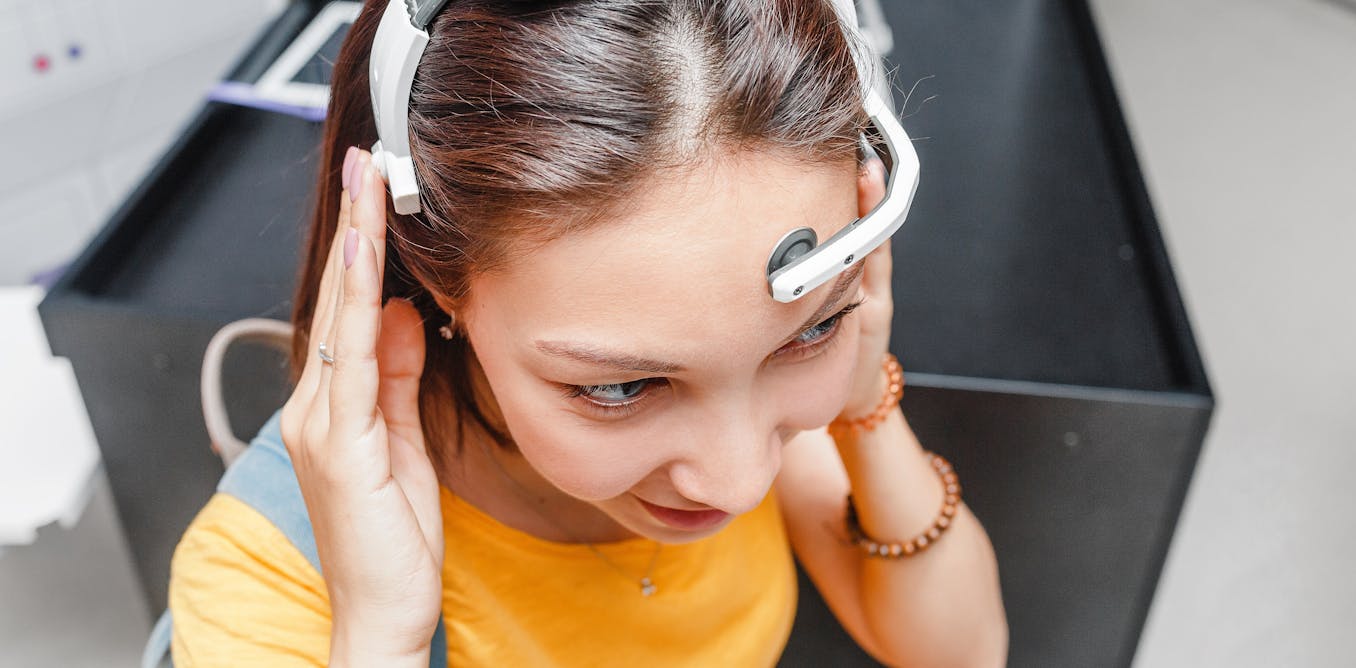
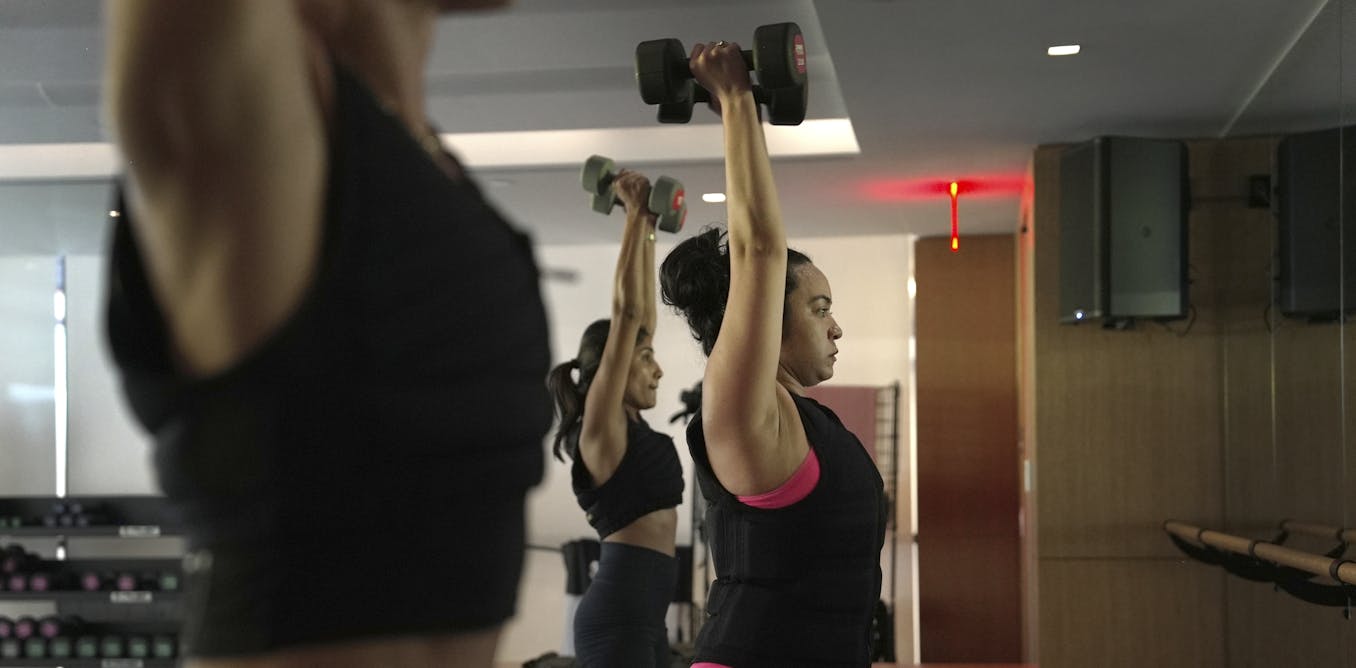
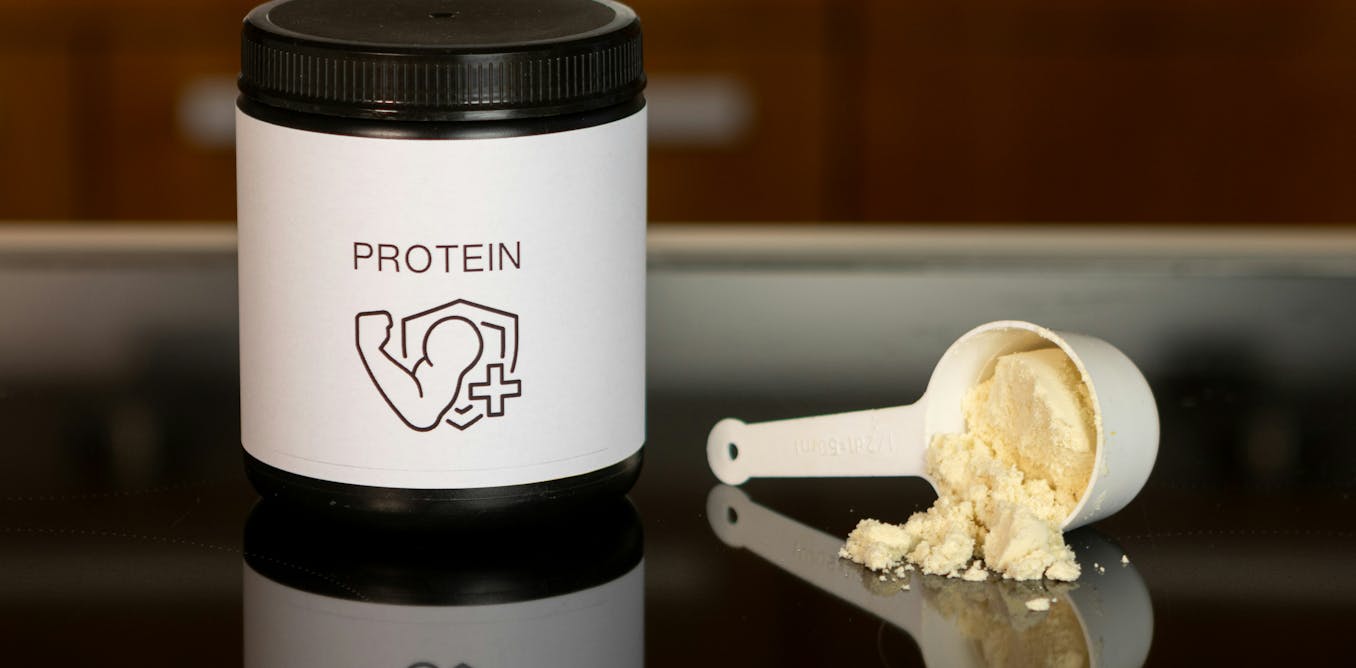

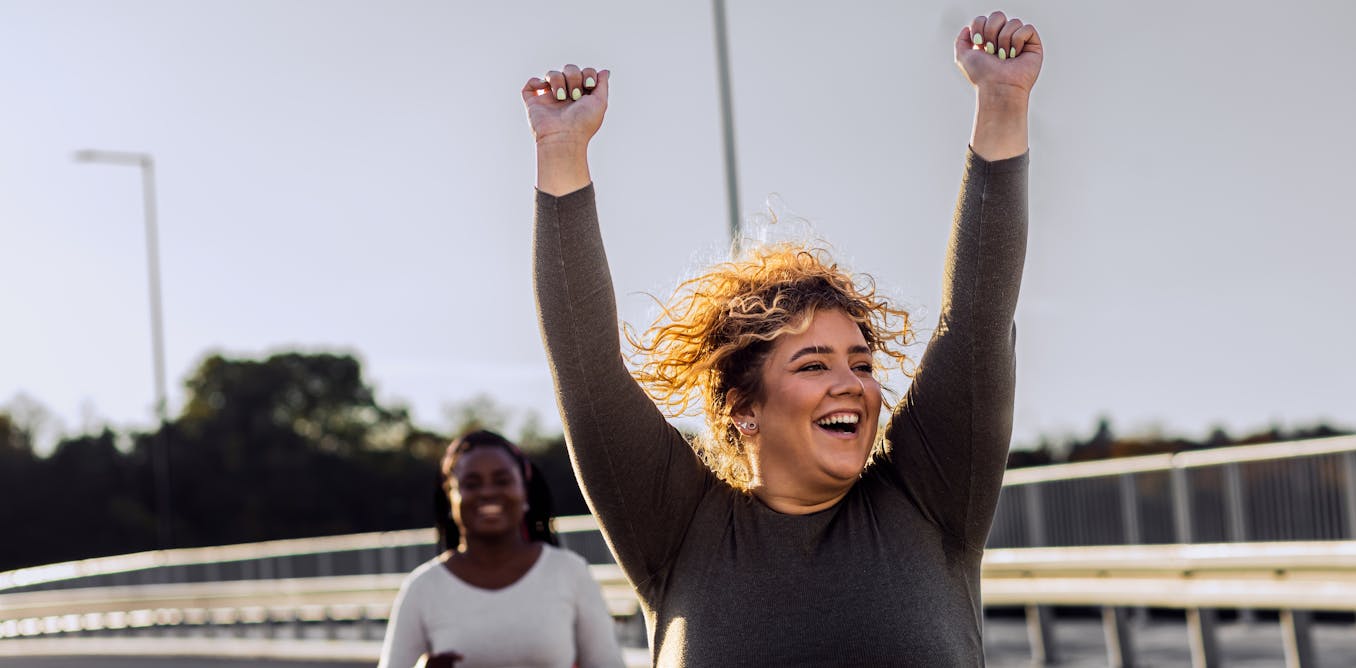
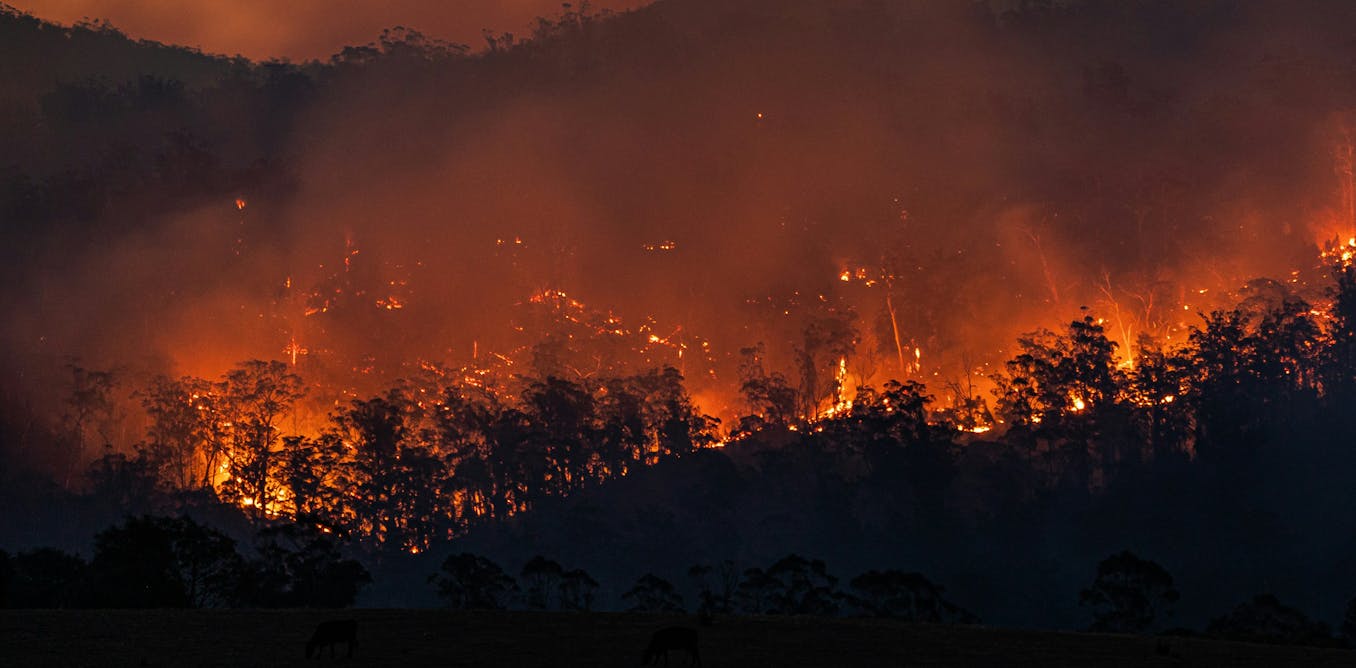
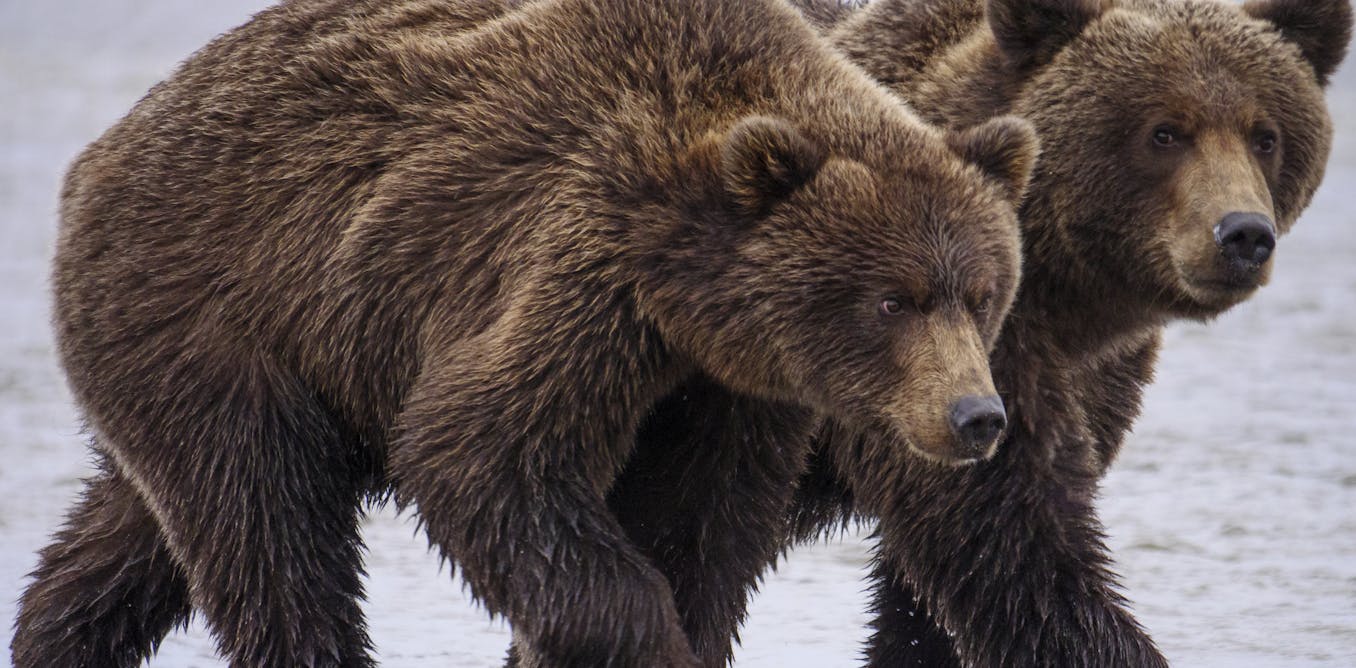
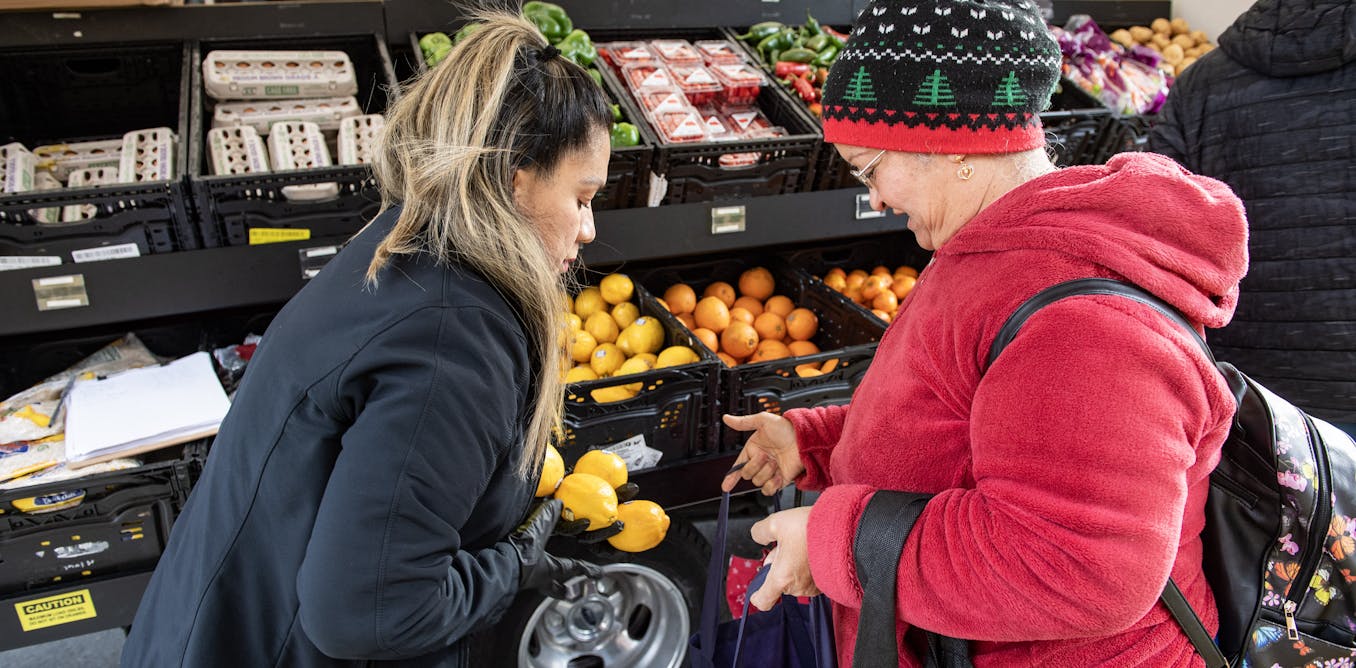











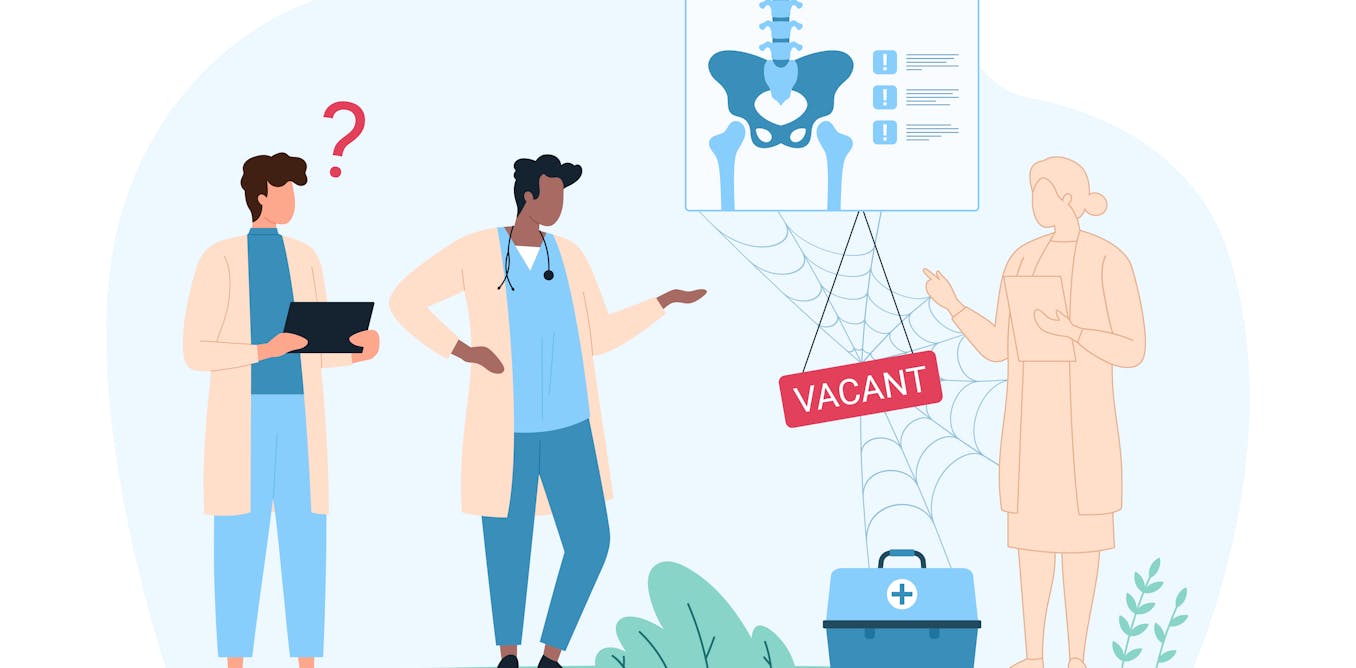
















Leave a Reply